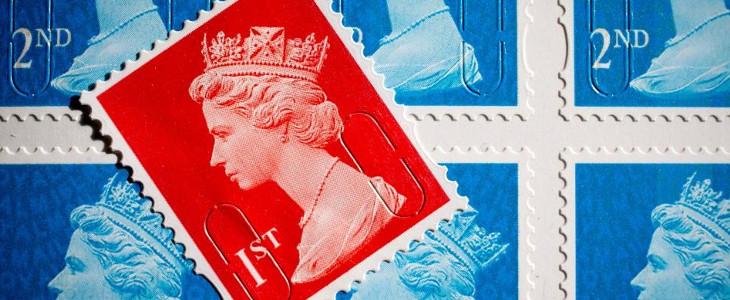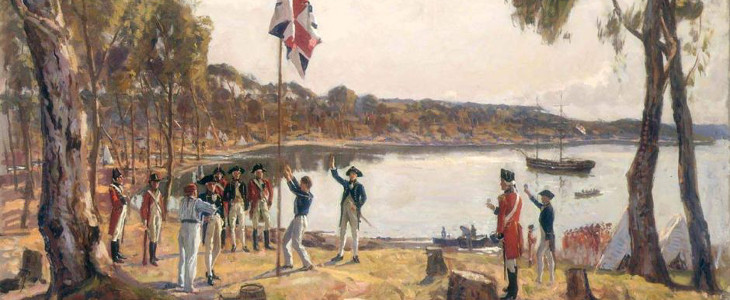As Britain’s 1784 tax on hats was such a lucrative revenue raiser for the government, they decided to complement it with a glove tax. The 1785 glove tax was levied at the rate of one penny on gloves to the value of ten pence, two pence to gloves costing between ten pence and fifteen pence,…
Read More »The benefits of using a private company to accumulate investments include: Company tax rate of 27.5% (which will eventually reduce to 25% by 2025). Ability to retain profits after tax (important in the lead-up to retirement when individual taxable incomes can be high). Fully franked dividends can be accumulated tax free due to the dividend…
Read More »The brick tax was a tax on bricks and tiles introduced in Great Britain during King George III’s reign to help pay for the wars in the American Colonies. The tax was originally levied at the rate of 2s. 6d. per 1000 bricks, 3s per 1000 plain tiles, and 8s per 1000…
Read More »In 1784 Pitt the Younger introduced a tax on men’s hats to raise government revenue. The government believed the tax would be equitable as the rich would have a large number of expensive hats, whereas the poor might have one cheap hat or none at all. Ladies hats were exempt from the tax. The hat…
Read More »The East India Company (EIC) was a British joint-stock company formed in 1600 to pursue trade with the East Indies (Southeast Asia). The company ended up mainly trading with China and seizing control of the Indian subcontinent. The company traded in basic commodities such as cotton, silk,…
Read More »On 24th May 1607 the British Virginia Company landed their three ships near the mouth of the Chesapeake Bay area on the banks of the James River. There they founded the first permanent English colony in the New World. Now known as Jamestown, Virginia, this was the start of the British colonisation of the…
Read More »The Stamp Act of 1712 imposed a stamp tax on United Kingdom publishers. The tax was levied on all publishing including newspapers, pamphlets, legal documents, commercial bills, advertisements, and other papers. The tax was initially assessed at one penny per whole newspaper sheet, a halfpenny for a half sheet, and one shilling per advertisement.…
Read More »Wallpaper is a material used to cover and decorate the interior walls of homes and other buildings. It is usually sold in rolls and at its most rudimentary is just plain lining paper that is painted or used to help cover uneven surfaces and minor wall defects. Of course, the majority of hung wallpaper…
Read More »Soaps are derivatives of fatty acids and have traditionally been made from triglycerides, oils and fats. The earliest record of soap manufacturing was 200 BC in ancient Babylon. Soaps are used for washing, bathing, cleaning, and lubricating greases. The core ingredient of soaps includes tallow (which is rendered beef fat), palm…
Read More »A trust is a fiduciary relationship in which one party, known as a trustor (or settlor), gives another party, the trustee, the right to hold title to property or assets for the benefit of a third party – the beneficiary. Trusts are governed by the terms under which they are created and are usually…
Read More »"You’d be stupid not to try to cut your tax bill and those that don’t are stupid in business"
- Bono: U2














